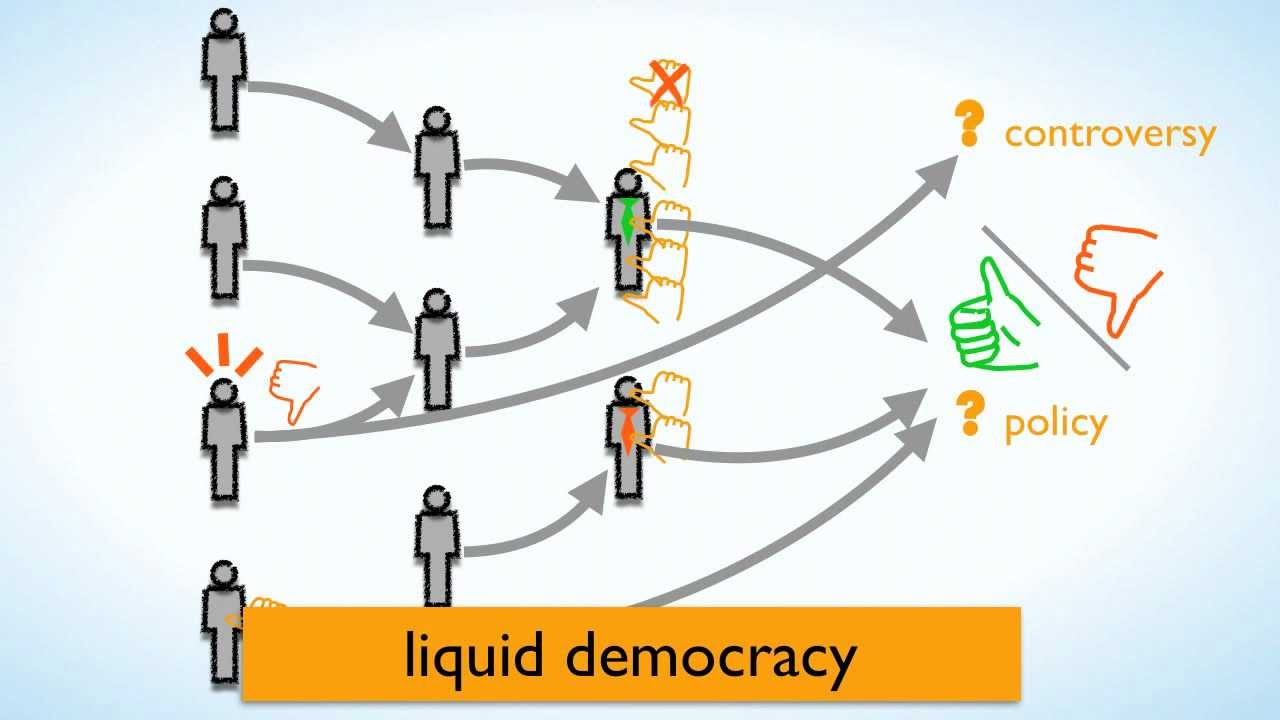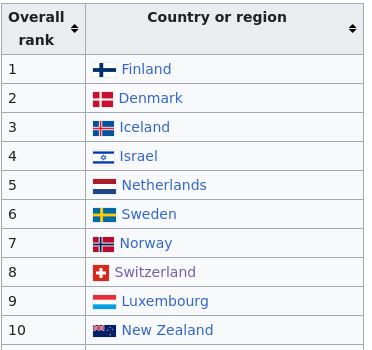For those unfamiliar with the distinction between “direct” democracy and “liquid” democracy, here’s an introductory video I suggest watching before reading further:
A few years ago I began developing a transitive proxy voting (sometimes called “liquid democracy” or “delegative democracy”) interactive voice application I called The Delegate Network.
I got it to work in time for the 2022 midterms. A brief history:
September 19, 2021:
I demonstrated a VoIP-based touch tone prototype of The Delegate Network at a Republican Party fund raiser, announcing my intention to run for the Iowa 3rd Congressional District seat in the US House of Representatives on the single promise:
“I will vote the way the delegate network for my Congressional district tells me to vote and refer all political negotiations to them.”
I explained, with some passion, the manifest illegitimacy of the political system giving as only one example the 50-year long policy of increasing immigration against the will of more than a supermajority of “We The People”, and described what was happening with social media as something I’d predicted in 1982 in my role as architect of the, then, largest mass-market experiment in consumer networking, further explaining what had happened with the immigration from India infiltrating the US’s cyber security system. It quite stirred the crowd and scared regular “Chamber of Commerce” types (for obvious reasons).
September 25, 2021:
“Global DDOS Attack Campaign Targets Several VOIP Providers”
One VoIP provider not named in that news story, Telnyx, is where I went to get an alternative service. Since I had to rewrite the API anyway, and I’d gotten feedback from my initial demonstrations that people might find using the touch tone interface cumbersome, I decided to go to a speech-recognition interface. I figured I’d have time to get things running before the signature deadlines hit and could use the system itself to a viral networking advantage.
September 29, 2021:
Telnyx is not being affected.
After a few weeks I make substantial progress in a first-of-a-kind voter-interaction system not just in terms of delegative democracy but in general, and start telling people about it. Think high reliability voice activated directory lookup of hundreds of thousands of registered voters, with weekly updates from the Iowa Secretary of State.
November 10, 2021:
“Telnyx is the latest VoIP provider hit with DDoS attacks”
This attack continues and, at the same time, attacks on the original VoIP provider (Twilio) seemed to be abating.
However, shifting back to Twilio was not going to be simply a huge software chore, it was going to possibly be utterly impractical because of the way they handled speech to text services. Nevertheless, I started negotiation with Twilio around Christmas in hopes of having a configurable interface that could fall back to less functionality on Twilio if Telnyx couldn’t defend itself successfully. This was going to be hell on a 67 year old programmer working alone but I’d released the code GPL quite a while before and the supposedly “passionate” world of “liquid democracy” should have been jumping all over it with young programmers to help.
Crickets….
So I blew off much of my normal holiday activities and began to code…
December 31, 2021:
I receive a call from my wife’s remote care facility asking my permission to put her into end-of-life hospice for Huntington’s Disease.
Becoming overloaded, I abandoned the rewrite of the API to escape the DDoS attack on Telnyx in hopes that it would abate.
I don’t mention this last point to garner sympathy—nor to put it in the same class as the other “coincidences”—but to explain that as the “Boomers” age into oblivion there are resources that aren’t being replaced and are quite likely irreplaceable.
Urgency is overtaking priority.
January 15, 2022:
The DDoS attacks seemed to abate somewhat.
The point of this? Aren’t things so far gone that it is hopeless to do anything with the political system at all?
Not if you recognize that a “vote” is, like a unit of fiat currency, an abstract unit of force. As I describe in the github README:
Philosophically speaking, politics and money are the two primary abstractions of government’s monopoly on force.
The Delegate Network’s primary intent is to make public the command structure latent in We The People. It is critical that we expose these structures to each other so we can begin to negotiate with those of us that might otherwise see no alternative but violence in the presence of a virulent Federal Government that has so centralized social policy that we all must become supremacists as a matter of self-defense.
The obvious danger in loss of political privacy was pointed out by Jacques Vallee in his 1982 book “The Network Revolution”: Blitzkrieg the command structure of the political opposition.
During 1982, I was in Miami working with the joint venture between AT&T and Knight-Ridder, architecting the nation-wide rollout of the first mass market home information service. Encountering serious friction with Knight-Ridder editors about freedom of speech in my architecture, which would have been more like the World Wide Web than Vallee’s experience with with France’s Minitel, I resigned. Upon my resignation I visited Vallee at his VC firms’ Embarcadero office to discuss the potential of a startup. While we saw eye-to-eye on virtually everything regarding the societal impact, I had just gone through being betrayed by CDC’s middle management at PLATO thence to Big Media and Big Corp. interests and was, perhaps, too suspicious of the kind of structure that would have been required. But that’s another story.
My point in bringing up Vallee is that I am anything but ignorant of the risk to any command hierarchy that makes itself known to a hostile government – whether foreign or domestic.
My counter-argument is 3 fold:
- At present, the latent command structure in We The People is known only to the surveillance state. Machine learning has already filled in gaps in missing data about command structures from the vast data resources of the “private” network effect monopolies. It is naive in the extreme to think otherwise.
- Starting with the 2020 election, it has become obvious to the most casual observer that the system of anonymous voting system isn’t auditable – hence We The People no longer trust the outcome of elections. Making things publicly auditable at all times may be the only practical way to recover public trust.
- If, as predicted by Vallee, bad actors attempt to blitz the command structure, it will disrupt the current game plan by the bad actors; which is to use machine learning via social media to “gently” pacify the population. This will be a particularly bad idea in the US with its 2nd Amendment if We The People have options other than to just kill our neighbors as happened during the Thirty Years War. If We The People realize the publicly auditable, decentralized command hierarchy, it will permit us to negotiate a stand-down-and-separate revision to The Treaty of Westphalia rather than sparking a Thirty Years War over quasi-religious differences.


